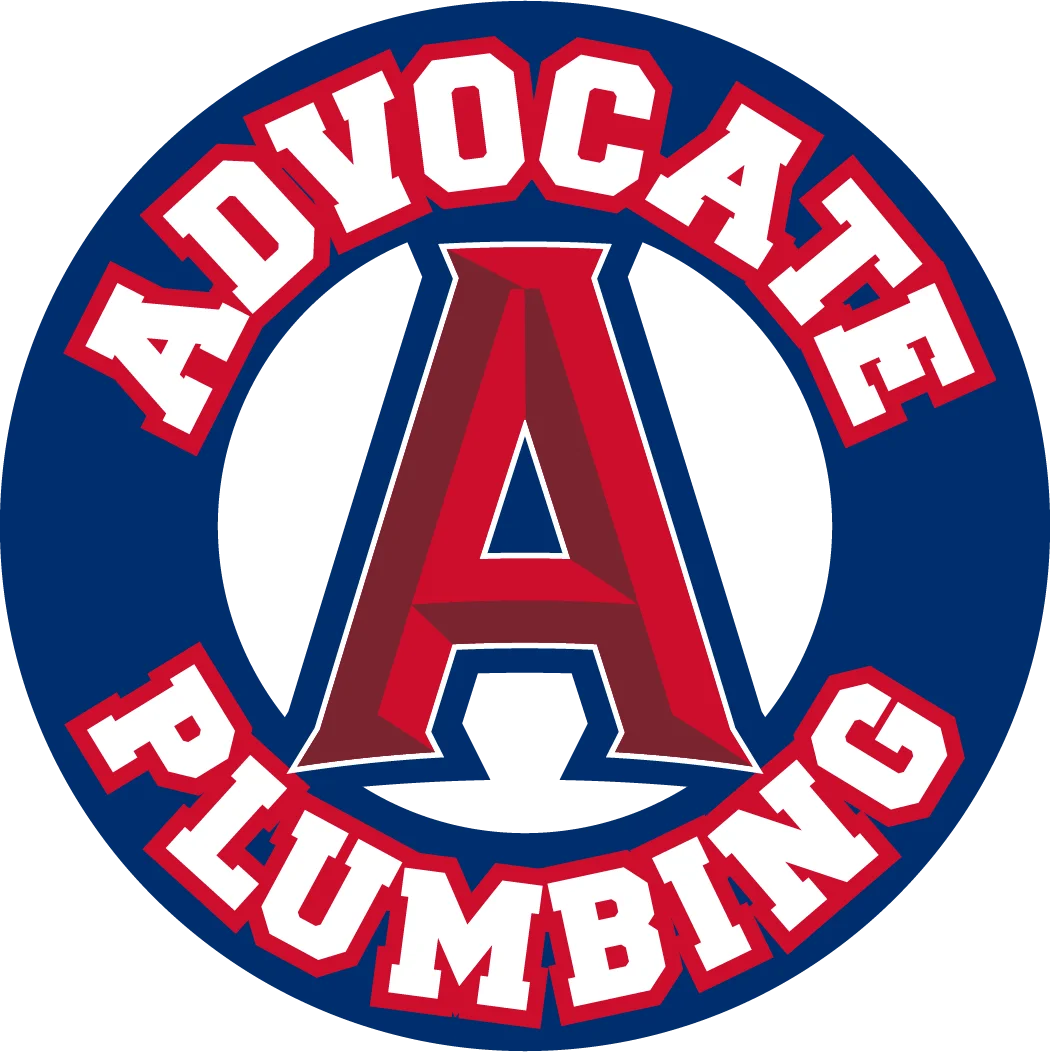Serving Hamilton County & Surrounding Areas
How to Prevent Clogged Drains: Simple Tips for a Healthy Plumbing System
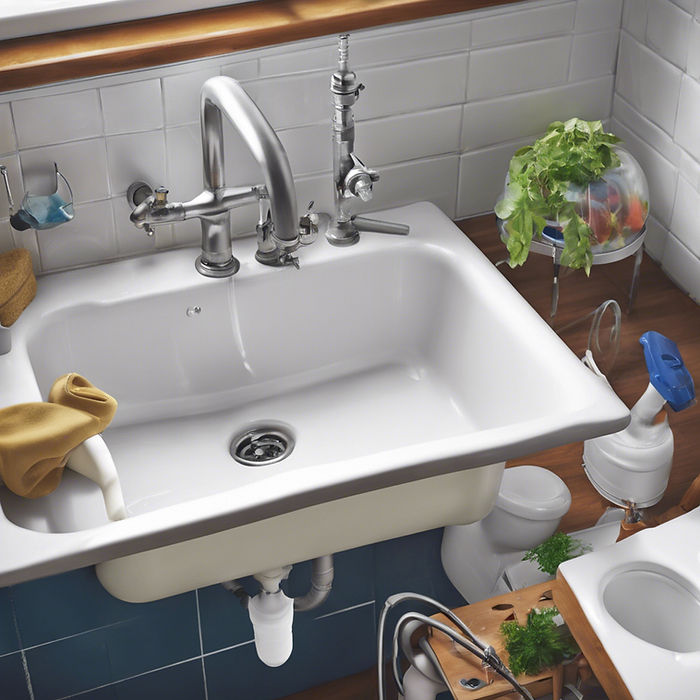
Dealing with clogged drains is never fun. From slow-draining sinks to unpleasant odors, a clogged drain can quickly become a frustrating problem. The good news is that preventing clogs is easier than you might think, and with a few simple habits, you can keep your drains flowing freely and avoid costly plumbing repairs. In this blog, we’ll share some friendly, practical tips on how to prevent clogged drains and keep your plumbing system in tip-top shape.

1. Watch What Goes Down the Drain
The first step in preventing clogs is being mindful of what you’re putting down the drain. Many clogs are caused by items that don’t belong in your plumbing system, so keeping certain things out can make a huge difference.
• Kitchen Sink: Avoid pouring grease, oil, or fat down the drain, as they can solidify and cause blockages. Instead, let them cool and dispose of them in the trash. Food scraps, coffee grounds, and eggshells should also be kept out of the sink, even if you have a garbage disposal.
• Bathroom Sink and Shower: Hair and soap scum are common culprits in bathroom clogs. Use a drain cover to catch hair and debris before they make their way into the pipes. Additionally, avoid washing down large amounts of toothpaste, soap, or other thick substances.
2. Use Drain Strainers
Drain strainers are inexpensive, easy-to-install tools that can go a long way in preventing clogs. These small mesh or metal covers sit over your drain and catch debris like hair, food particles, and soap scum before they can enter your pipes.
• Tip: Place strainers in your kitchen sink, shower, and bathroom sink to catch any unwanted materials. Be sure to clean them out regularly to keep them working effectively.
3. Rinse Your Drains with Hot Water
A simple yet effective way to keep your drains clear is by rinsing them with hot water. This helps to break up any grease, soap, or other substances that may be sticking to the sides of your pipes.
• Tip: Once a week, pour a pot of boiling water down each drain in your home. This is especially helpful in the kitchen, where grease and oil can build up over time.
4. Use Natural Cleaners
Instead of using harsh chemical drain cleaners, which can damage your pipes over time, opt for natural solutions to keep your drains clear. A combination of baking soda and vinegar works wonders in breaking down clogs and cleaning your pipes naturally.
• Tip: Pour half a cup of baking soda down the drain, followed by half a cup of vinegar. Let the mixture sit for 10-15 minutes, then flush with hot water. This will help keep your drains free of buildup without causing harm to your plumbing system.
5. Keep Grease Out of Your Drains
Grease is one of the most common causes of clogged drains, especially in the kitchen. When grease cools, it solidifies, causing blockages that are difficult to remove.
• Tip: Instead of pouring grease down the drain, collect it in a container (such as an old jar or can) and dispose of it in the trash. This small habit can save you from a lot of plumbing headaches down the road.
6. Don’t Overload Your Garbage Disposal
Garbage disposals are great for getting rid of small food particles, but they’re not built to handle everything. Overloading your disposal with large or fibrous food scraps can lead to clogs and jams.
• Tip: Avoid putting fibrous foods like potato peels, celery, and corn husks down the disposal, as they can tangle around the blades. Feed small amounts of food into the disposal at a time and run cold water while using it to help flush everything through.
7. Clean Your Drains Regularly
Just like any other part of your home, your drains need regular cleaning to stay in good condition. Taking a few minutes each month to clean your drains can help prevent clogs and keep everything flowing smoothly.
• Tip: In addition to using natural cleaners like baking soda and vinegar, you can purchase enzyme-based drain cleaners that use bacteria to break down organic material in your pipes. These cleaners are gentle on your plumbing and effective at preventing buildup.
8. Know When to Call a Professional
While these tips can help prevent most clogs, sometimes a drain needs professional attention. If you’re dealing with frequent clogs, slow drains, or unpleasant odors, it might be time to call in a plumber for a more thorough inspection and cleaning.
• Tip: Don’t wait until a small issue becomes a big problem. Regular maintenance from a professional plumber can help catch potential problems early and keep your plumbing system in top shape.
Conclusion
Preventing clogged drains doesn’t have to be complicated. By following these simple tips, you can keep your plumbing system running smoothly and avoid the hassle of dealing with stubborn clogs. And remember, when in doubt, don’t hesitate to reach out to the experts at Advocate Plumbing. Our team is here to help with all your plumbing needs, whether it’s a routine maintenance check or a more serious issue. Contact us today to schedule an appointment!
Recent Posts
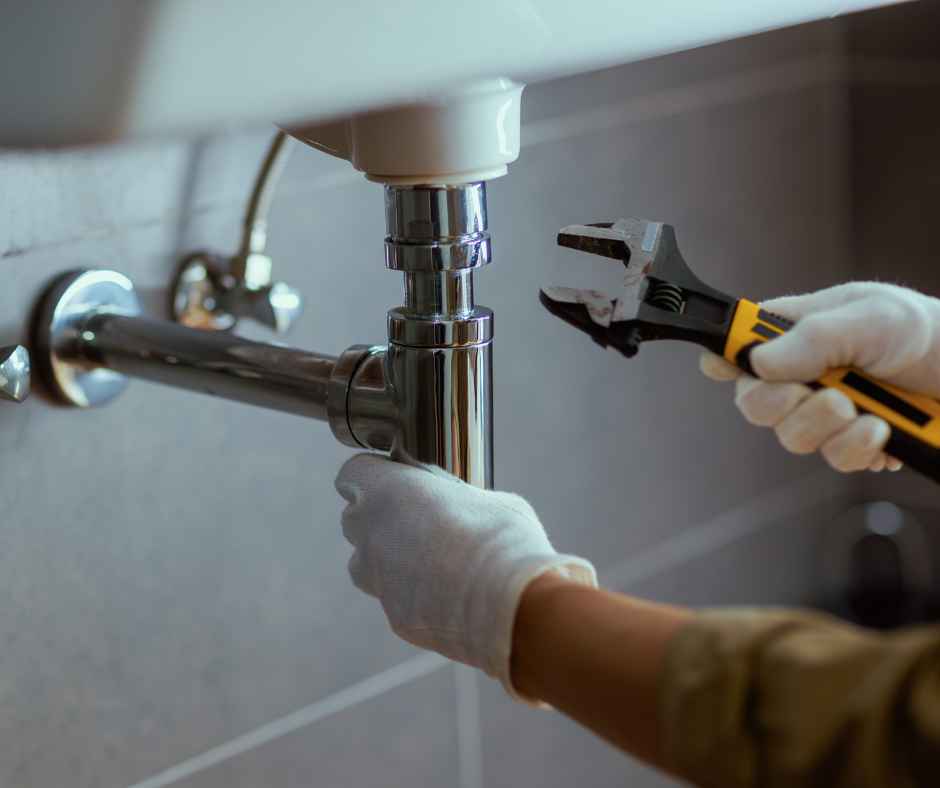
Why Hiring a Licensed Plumber Matters for Your Home’s Safety and Efficiency
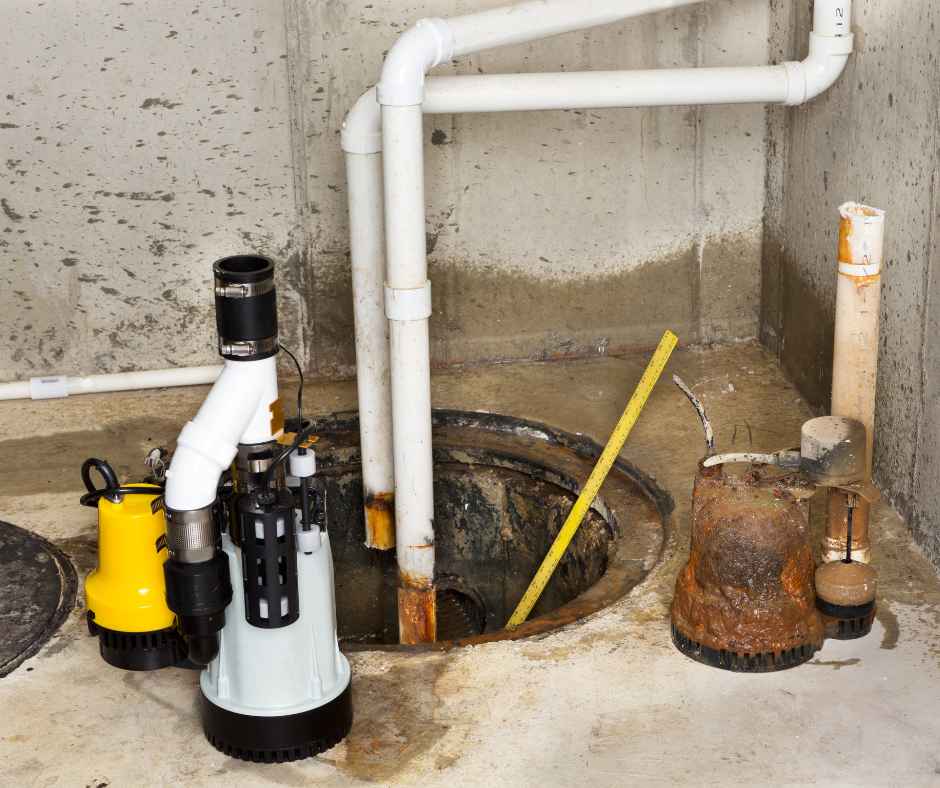
Why Your Sump Pump Needs Regular Maintenance and How to Do It
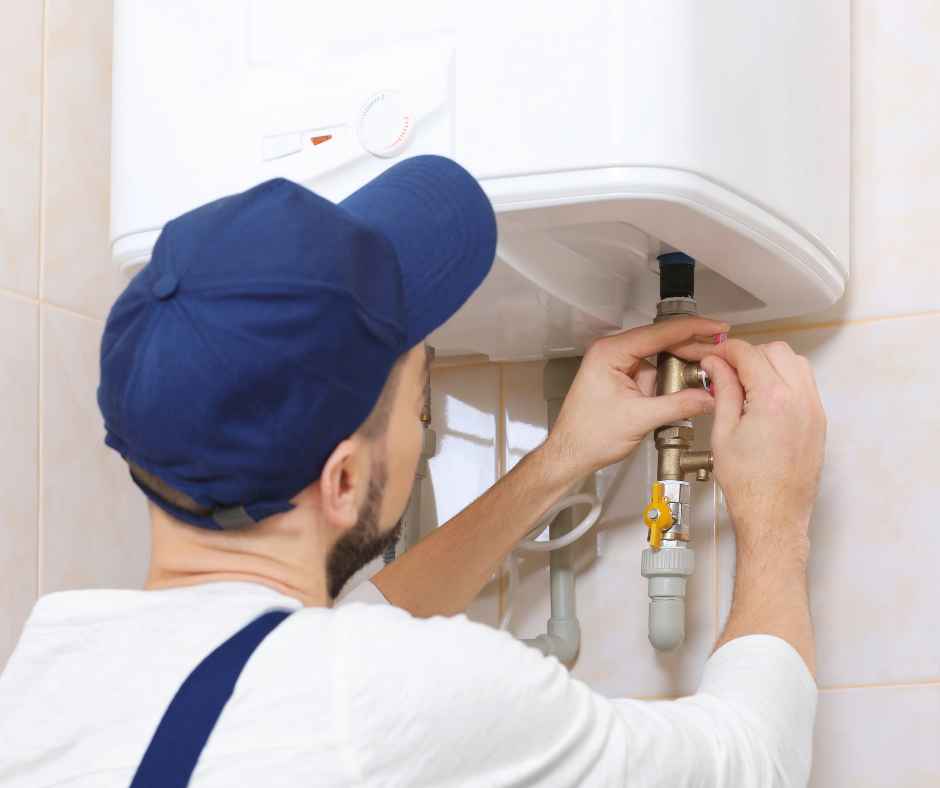
How to Choose the Right Water Heater for Your Home
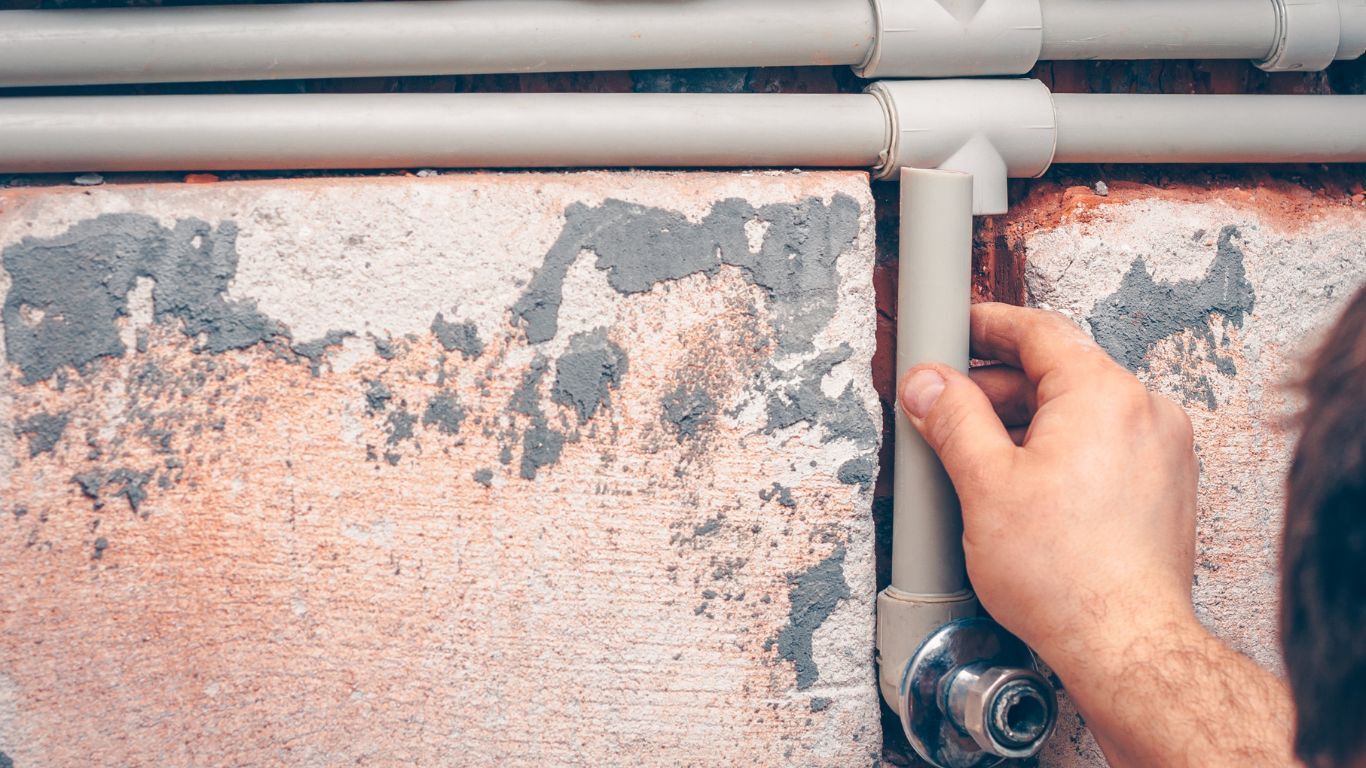
Preventive Plumbing Inspection Guide Every Homeowner Should Follow
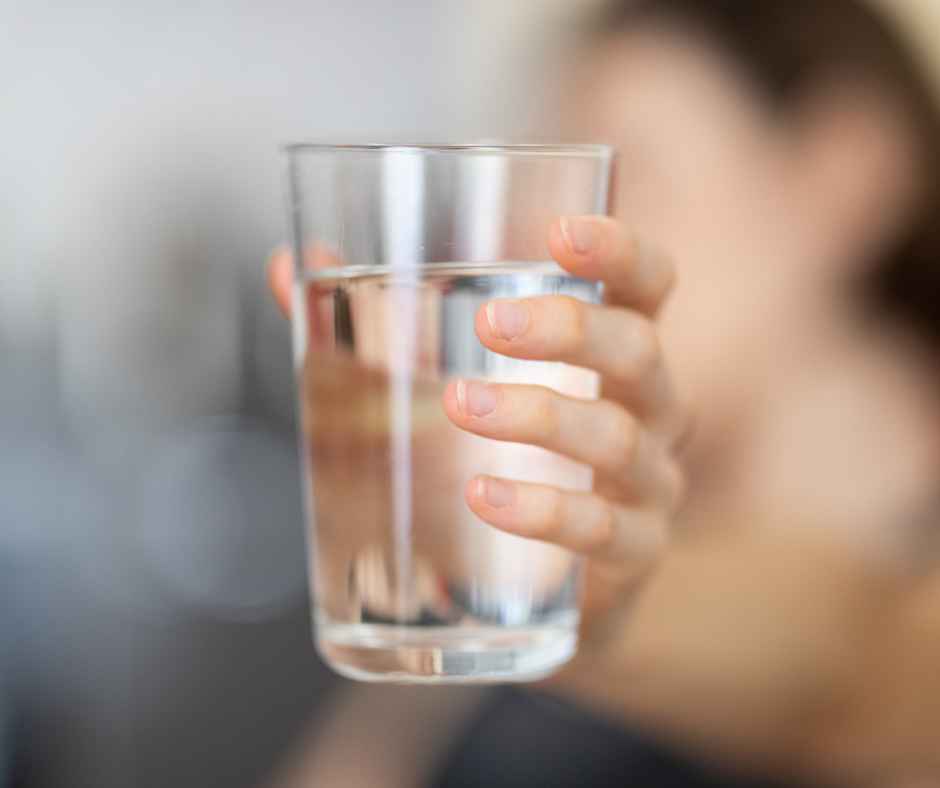
Reverse Osmosis vs. Water Softener: Which Is Right for Your Home?
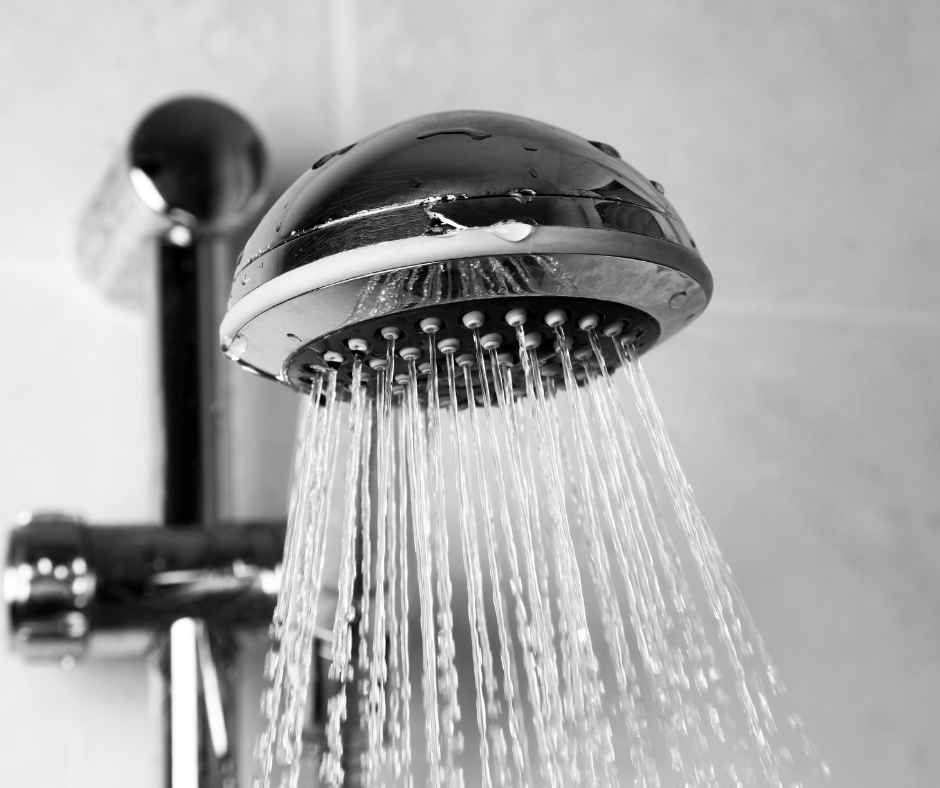
Seasonal Plumbing Maintenance Checklist for Hamilton County Residences
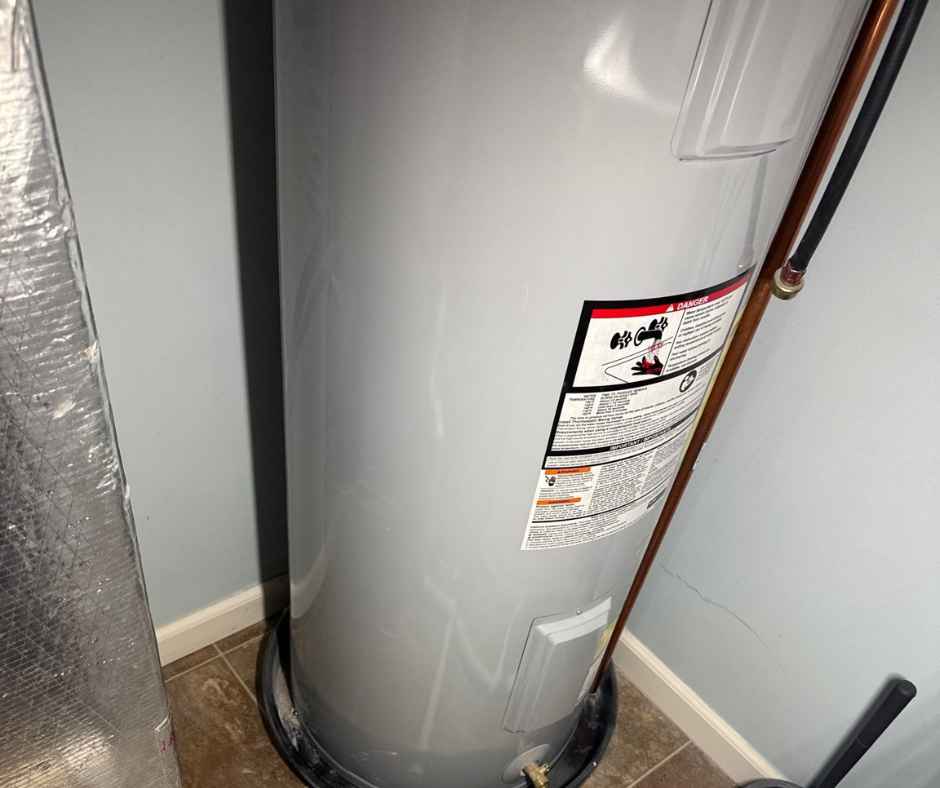
Why Is My Water Heater Beeping?
Get in Touch
